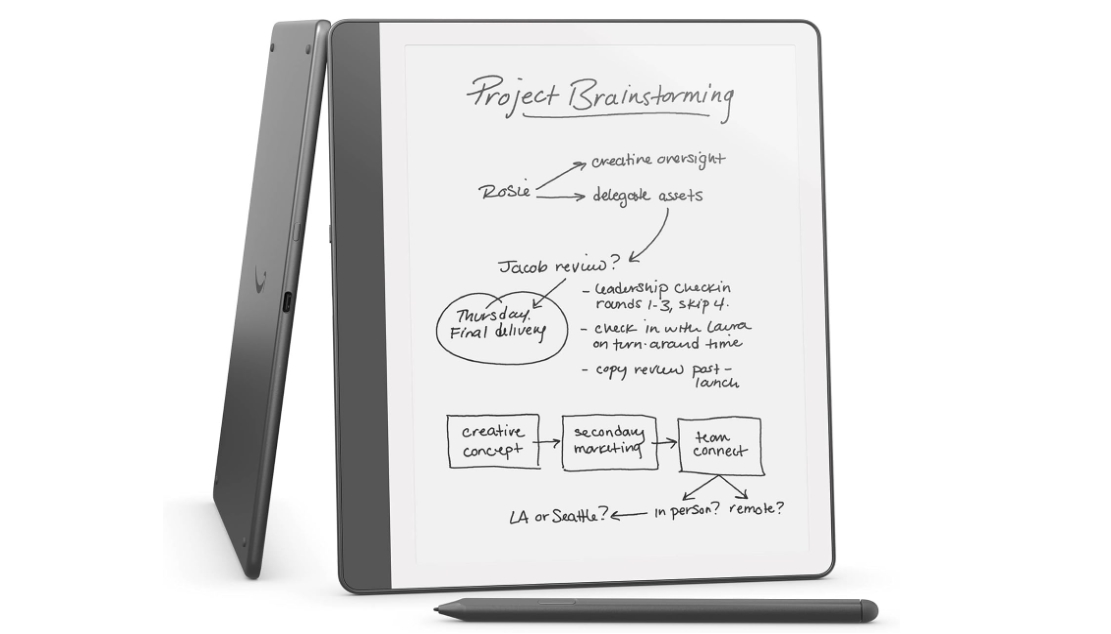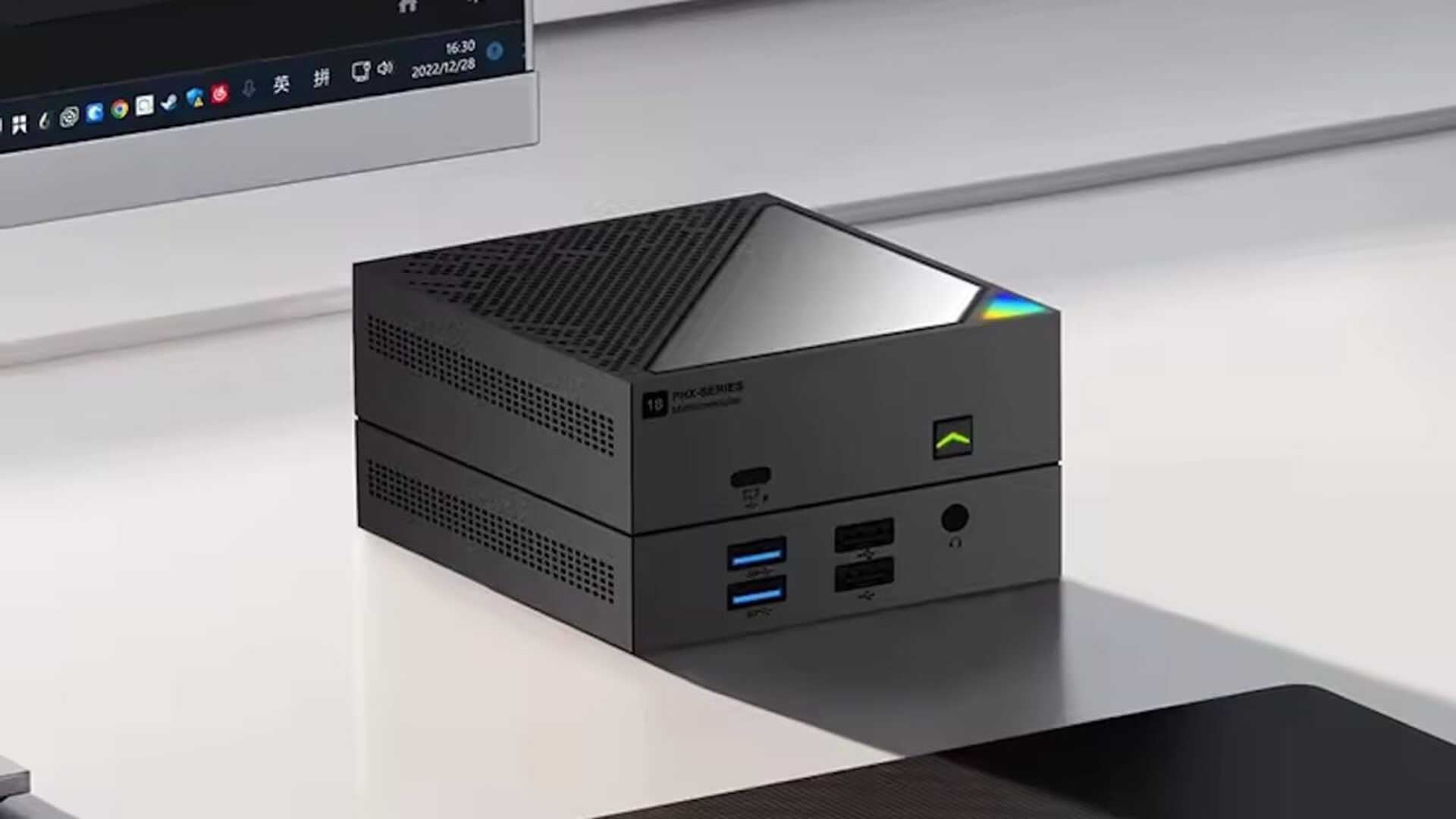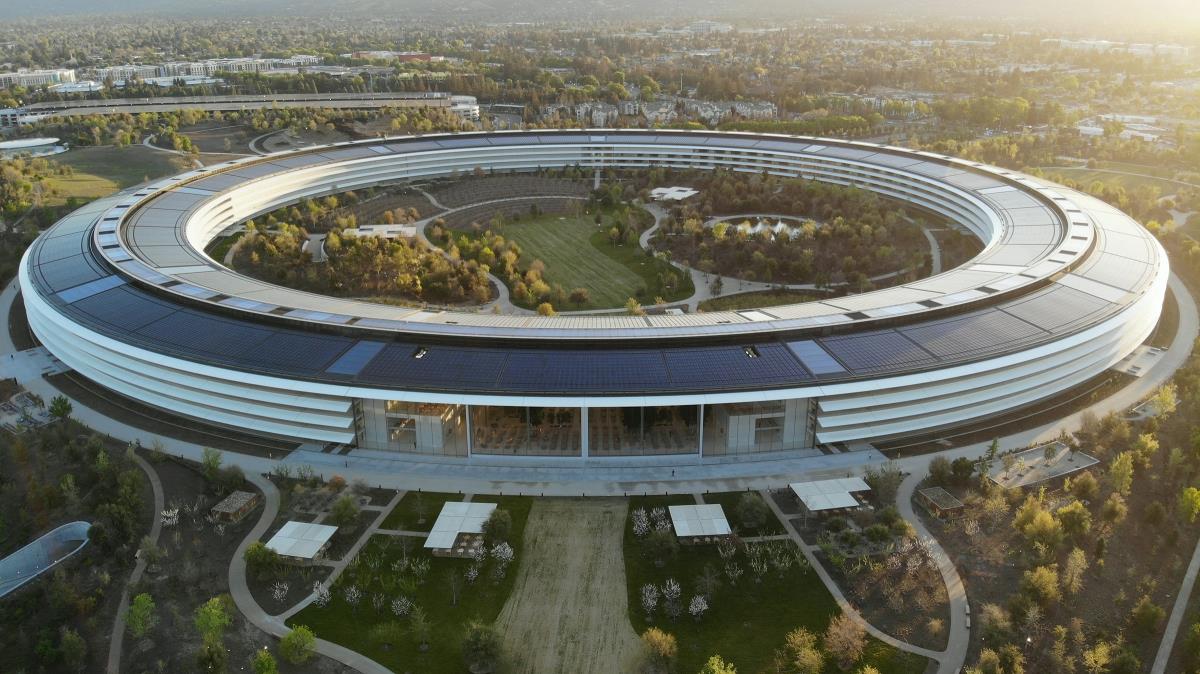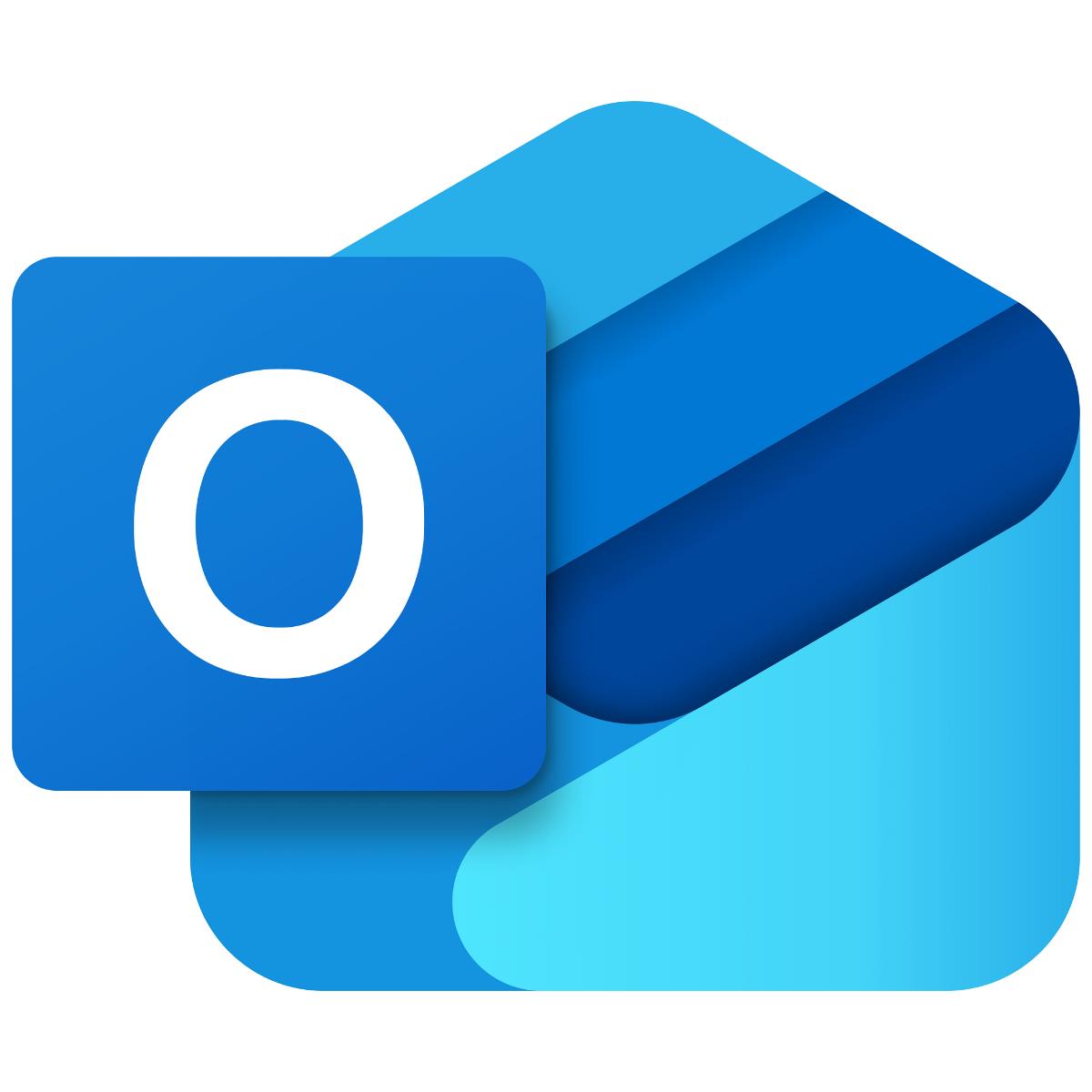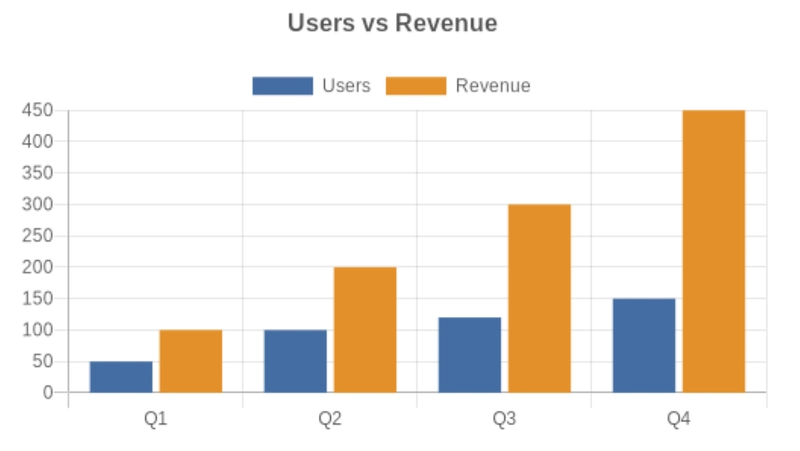What is DevOps? Why It Matters in Modern Software Development
Let’s be real — "DevOps" gets thrown around a lot. Some think it's just about automating deployments. Others think it’s just a fancy job title with no clear definition. And if you're just getting started, it’s easy to get overwhelmed by all the tools, pipelines, YAML files, and buzzwords. So let’s strip it all down and talk about what DevOps actually is — and why you need to care if you're building anything in the cloud today. Dev + Ops = DevOps? Not Quite At face value, "DevOps" combines Development and Operations. But it’s more than just two teams collaborating. It’s a cultural shift in how software gets built, shipped, and maintained. Back in the day, developers would write code, toss it over the wall, and the operations team would figure out how to run it in production. Naturally, this led to finger-pointing, delays, and a ton of miscommunication. DevOps breaks that wall. It’s about developers and ops folks working together, continuously, with shared goals and responsibilities. What DevOps Actually Means (in simple terms) At its heart, DevOps is about these key things: Collaboration — No more silos between dev, QA, and ops. Automation — From code push to production, everything is streamlined. Continuous Everything — Integration, delivery, deployment, testing — happening all the time. Monitoring and Feedback — Not just deploying, but observing, learning, improving. Think of DevOps as the muscle that gets your app from laptop to live — safely and repeatedly. Why DevOps Became So Important Software today is no longer shipped once every 6 months. Businesses want updates daily, sometimes hourly. Here's what the old way looked like: Code freeze for weeks Manual testing Panic deployments at 2 AM "It worked on my machine" excuses Now compare that to DevOps: Automated testing and deployments Small, frequent releases Rollbacks when something breaks Real-time monitoring and feedback loops DevOps makes software delivery smoother, safer, and faster — which is exactly what businesses need in a cloud-first world. Why Should You Learn DevOps? Whether you're a developer, tester, or just curious about cloud technologies — DevOps is the common ground that connects it all. Knowing DevOps means you understand how real-world software is built and maintained. You'll also: Build confidence in working with tools like Azure DevOps, GitHub Actions, Terraform, and Docker Understand modern deployment strategies like blue-green, rolling, and canary Be better prepared for certifications like AZ-400 and real-world SRE roles Coming Up Next In the next blog, we’ll roll up our sleeves and get into Azure basics — setting up your first cloud account, creating a resource group, and understanding how Azure structures your infrastructure. Stick with this series. By the end, you’ll be confidently deploying real apps to the cloud with clarity and purpose. No fluff. Just practical knowledge.

Let’s be real — "DevOps" gets thrown around a lot.
Some think it's just about automating deployments. Others think it’s just a fancy job title with no clear definition. And if you're just getting started, it’s easy to get overwhelmed by all the tools, pipelines, YAML files, and buzzwords.
So let’s strip it all down and talk about what DevOps actually is — and why you need to care if you're building anything in the cloud today.
Dev + Ops = DevOps? Not Quite
At face value, "DevOps" combines Development and Operations. But it’s more than just two teams collaborating. It’s a cultural shift in how software gets built, shipped, and maintained.
Back in the day, developers would write code, toss it over the wall, and the operations team would figure out how to run it in production. Naturally, this led to finger-pointing, delays, and a ton of miscommunication.
DevOps breaks that wall. It’s about developers and ops folks working together, continuously, with shared goals and responsibilities.
What DevOps Actually Means (in simple terms)
At its heart, DevOps is about these key things:
- Collaboration — No more silos between dev, QA, and ops.
- Automation — From code push to production, everything is streamlined.
- Continuous Everything — Integration, delivery, deployment, testing — happening all the time.
- Monitoring and Feedback — Not just deploying, but observing, learning, improving.
Think of DevOps as the muscle that gets your app from laptop to live — safely and repeatedly.
Why DevOps Became So Important
Software today is no longer shipped once every 6 months. Businesses want updates daily, sometimes hourly.
Here's what the old way looked like:
- Code freeze for weeks
- Manual testing
- Panic deployments at 2 AM
- "It worked on my machine" excuses
Now compare that to DevOps:
- Automated testing and deployments
- Small, frequent releases
- Rollbacks when something breaks
- Real-time monitoring and feedback loops
DevOps makes software delivery smoother, safer, and faster — which is exactly what businesses need in a cloud-first world.
Why Should You Learn DevOps?
Whether you're a developer, tester, or just curious about cloud technologies — DevOps is the common ground that connects it all. Knowing DevOps means you understand how real-world software is built and maintained.
You'll also:
- Build confidence in working with tools like Azure DevOps, GitHub Actions, Terraform, and Docker
- Understand modern deployment strategies like blue-green, rolling, and canary
- Be better prepared for certifications like AZ-400 and real-world SRE roles
Coming Up Next
In the next blog, we’ll roll up our sleeves and get into Azure basics — setting up your first cloud account, creating a resource group, and understanding how Azure structures your infrastructure.
Stick with this series. By the end, you’ll be confidently deploying real apps to the cloud with clarity and purpose. No fluff. Just practical knowledge.







































































































































































![[The AI Show Episode 146]: Rise of “AI-First” Companies, AI Job Disruption, GPT-4o Update Gets Rolled Back, How Big Consulting Firms Use AI, and Meta AI App](https://www.marketingaiinstitute.com/hubfs/ep%20146%20cover.png)







































































































































































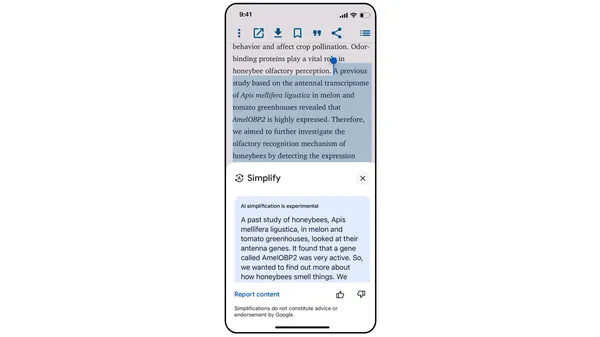








.jpg?width=1920&height=1920&fit=bounds&quality=70&format=jpg&auto=webp#)




















































































_Brian_Jackson_Alamy.jpg?width=1280&auto=webp&quality=80&disable=upscale#)

_Steven_Jones_Alamy.jpg?width=1280&auto=webp&quality=80&disable=upscale#)


 Stolen 884,000 Credit Card Details on 13 Million Clicks from Users Worldwide.webp?#)



















































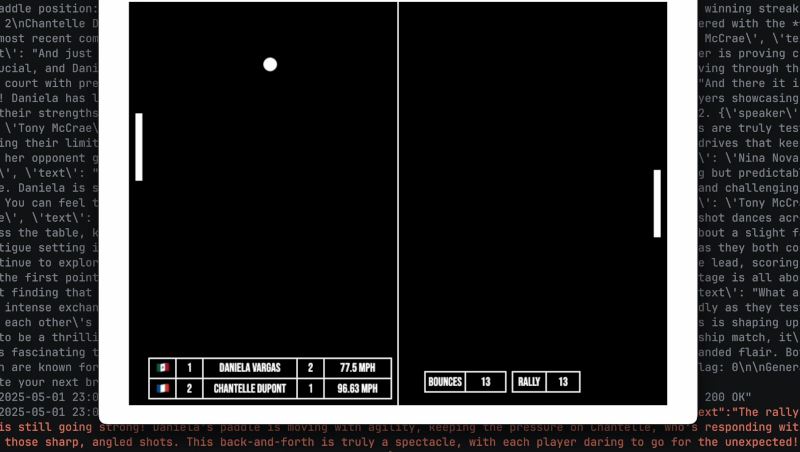































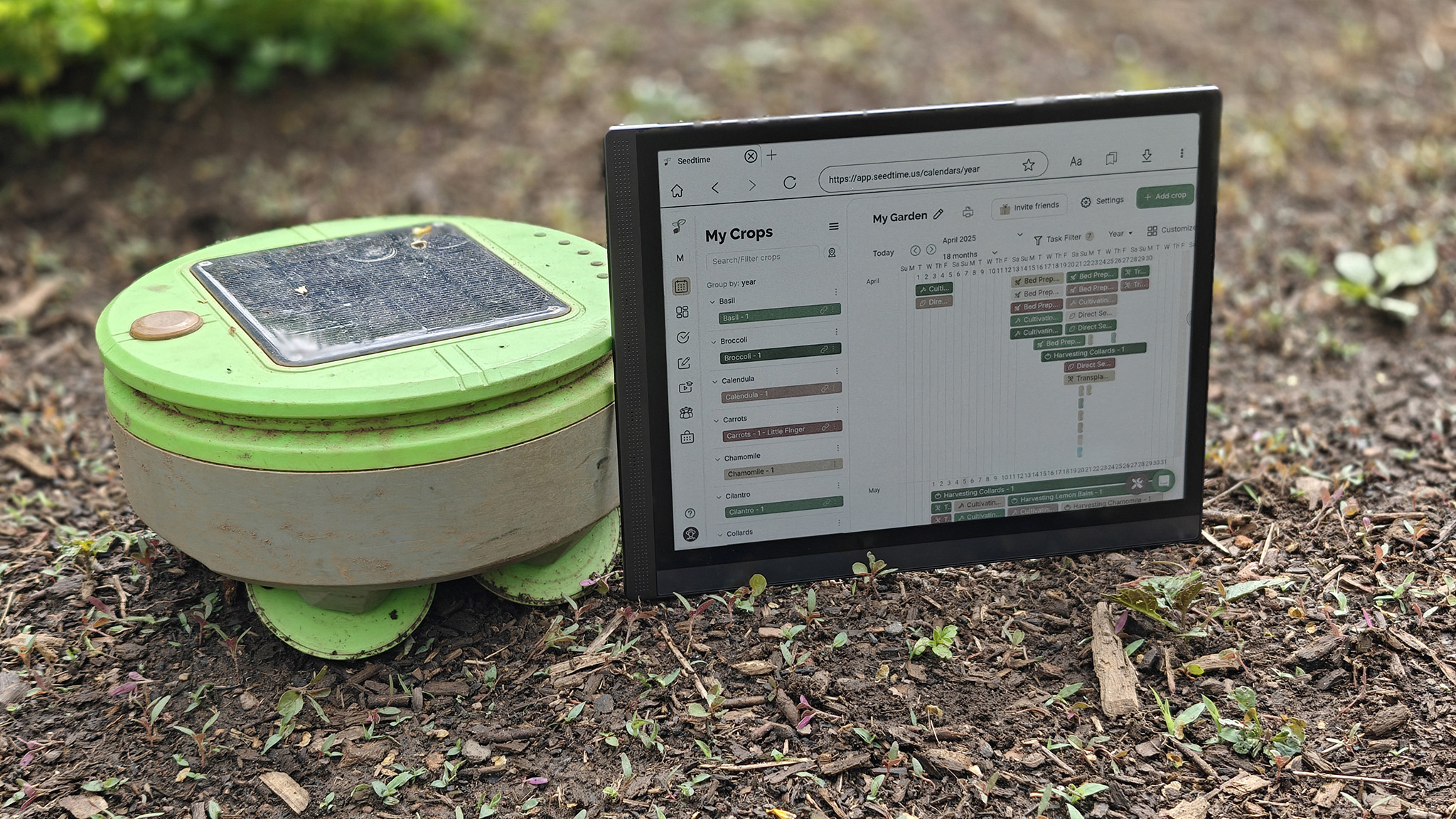
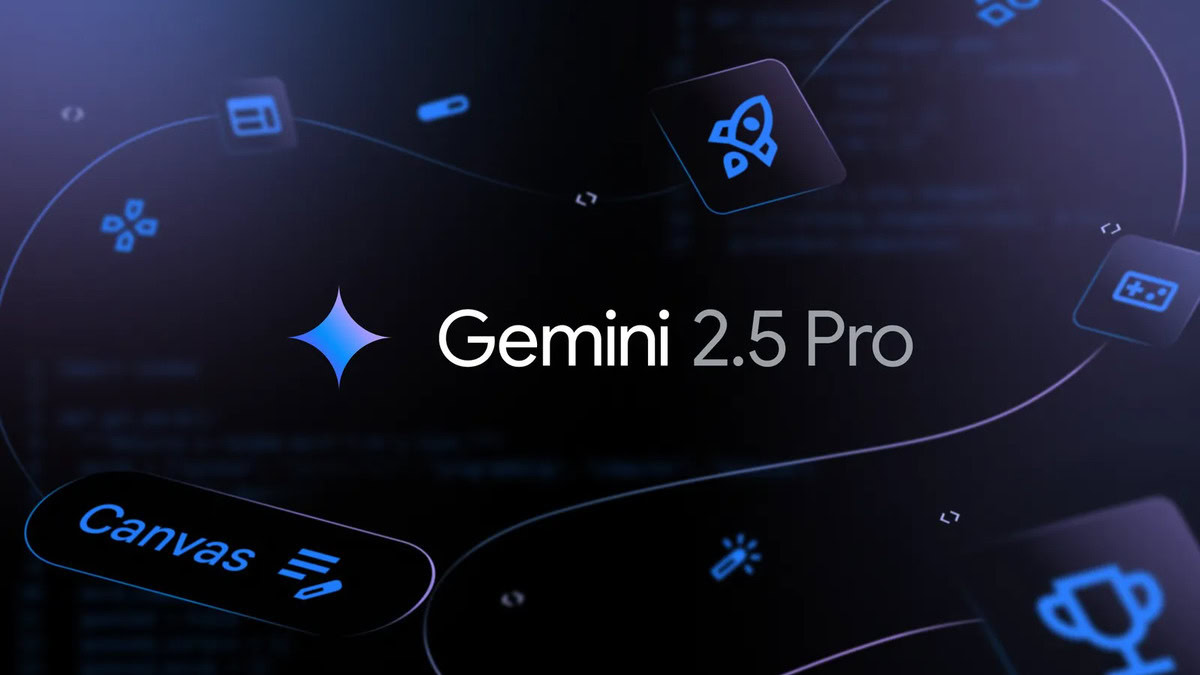









![Google rolling out Nest Wifi Pro April 2025 update [U]](https://i0.wp.com/9to5google.com/wp-content/uploads/sites/4/2022/10/Nest-Wifi-Pro-1.jpg?resize=1200%2C628&quality=82&strip=all&ssl=1)











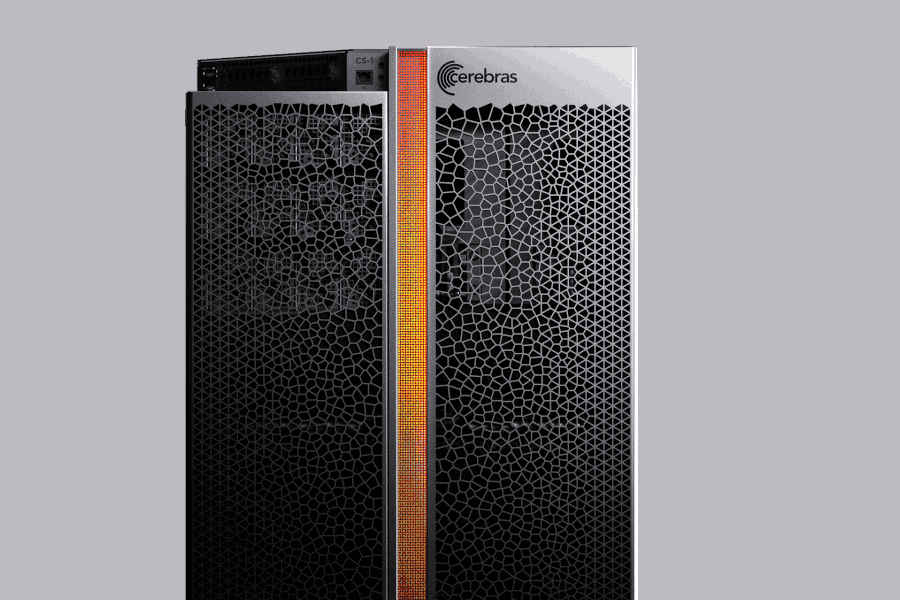
![Apple Seeds visionOS 2.5 RC to Developers [Download]](https://www.iclarified.com/images/news/97240/97240/97240-640.jpg)
![Apple Seeds tvOS 18.5 RC to Developers [Download]](https://www.iclarified.com/images/news/97243/97243/97243-640.jpg)

![Apple Releases macOS Sequoia 15.5 RC to Developers [Download]](https://www.iclarified.com/images/news/97245/97245/97245-640.jpg)












